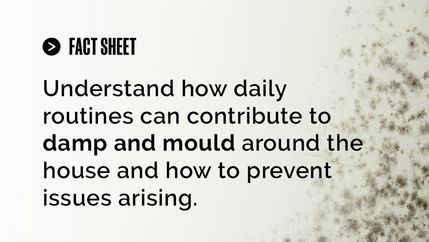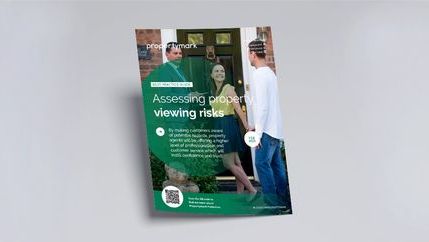
Rent Repayment Orders
These legal orders require rogue private landlords to pay back rent to tenants for various offences, including failure to comply with an improvement order. In the case of a tenant paying the average advertised London rent of £2,627 a month, Sadiq's proposals could mean a pay-out of up to £63,000 for the worst offenders.
The Mayor has previously called on the UK Government to strengthen tenancy laws to make it harder for landlords to rent out properties in poor and dangerous conditions. He has also lobbied for Ministers to devolve the power to implement an immediate two-year rent freeze and immediately pass the long-promised Renters (Reform) Bill, including the removal of Section 21 ‘no-fault' evictions.
Khan stated that the Chancellor's Autumn Statement was a missed opportunity to clamp down on poor housing and invest in the delivery of more high-quality, affordable homes. He went on to say he was determined to see much higher penalties for rogue landlords.
Legal standards on damp and mould in rented homes
There are several legal standards that private rental properties must meet. A lack of compliance puts tenants at risk and places the landlord or managing agent at risk of prosecution.
All privately rented homes must:
- Be free from category 1 hazards as assessed by the HHSRS (Housing Act 2004).
- Not contain conditions prejudicial to health (Environmental Protection Act 1990).
- Be safe and healthy and fit for human habitation (Homes (Fitness for Human Habitation) Act 2018).
- Meet minimum energy efficiency standards (Energy Efficiency (Private Rented Property) (England and Wales) Regulations 2015).
Social homes must also meet the Decent Homes Standard, and the UK Government has committed to introducing a comparable standard in the PRS as soon as possible.
Enforcing the standards
Local councils enforce standards in the private rented sector. They have a duty to take enforcement action under the Housing Act 2004 if they identify category 1 damp and mould hazards and have the power to take action for category 2 hazards. They can also take action under the Environmental Protection Act 1990 if they identify damp and mould that is a statutory nuisance.
A range of enforcement measures are available, including improvement notices, legal orders preventing use of all or part of a property or the council carrying out works and charging the landlord. Prosecution and potentially unlimited fines are possible through the Magistrates Court for failure to comply.
Support for agents
Propertymark produces a range of CPD options and useful resources for our member agents, including webinars, factsheets and training courses. Our damp, condensation and mould in residential property factsheet gives a useful overview of the causes and treatments and points to other useful resources for tenants, landlords and agents.
The Housing Ombusdman have also produced a Spotlight on damp and mould document which agents may find useful.







